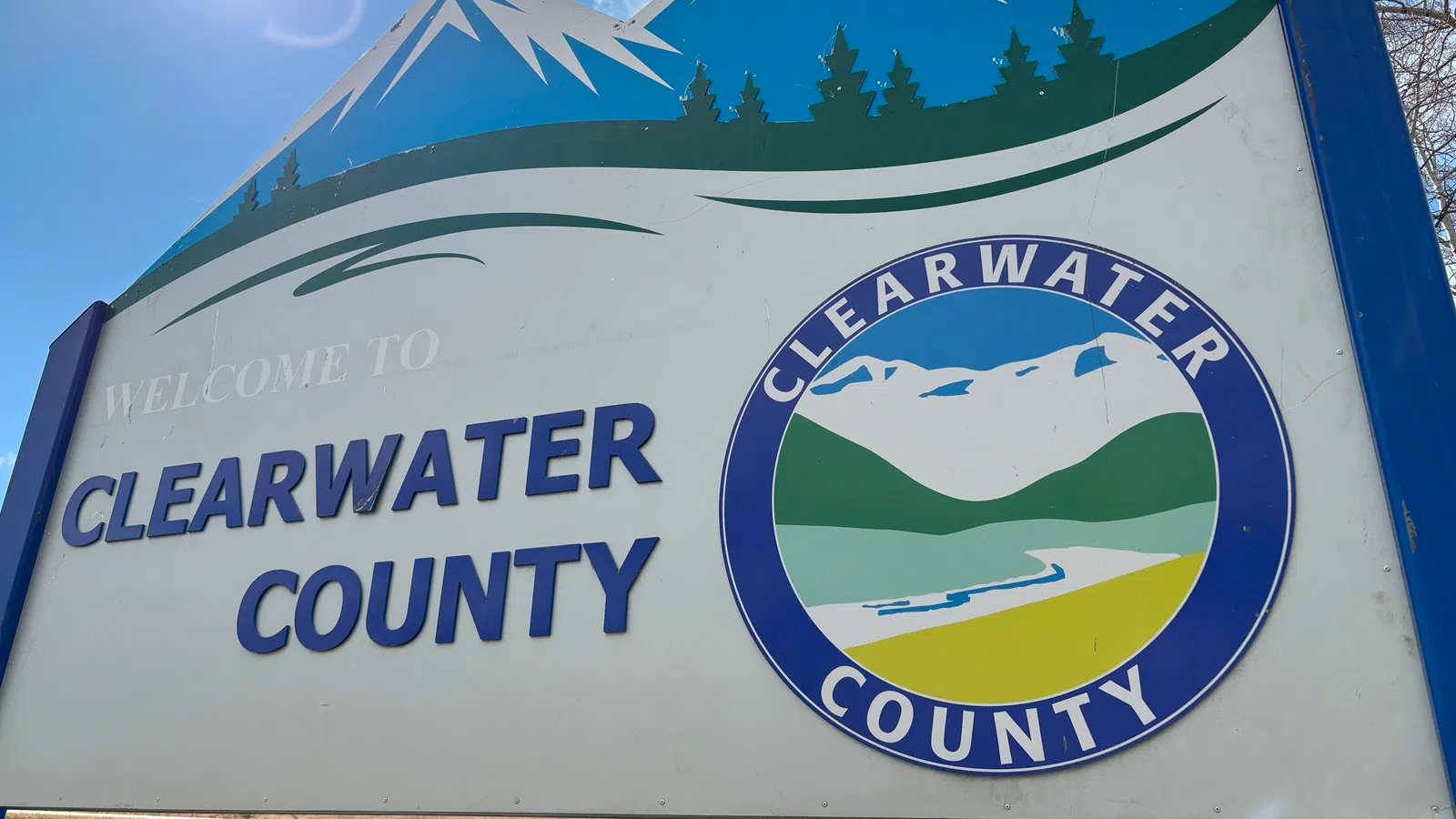Clearwater County council has passed new guidelines for renewable energy developments, following extensive public consultation and a contentious May 13 public hearing.
Reeve Michelle Swanson says it offers some important, much-needed guidance for any future installation.
“It clearly distinguishes personal use [of renewable installations], separately from commercial, industrial facilities,” she says.
She adds, large-scale projects will be restricted to Class 4 to Class 7 lands, with oversight from council ensuring transparency for residents.
Another provision is a clause allowing the county to force removal of solar and wind facilities if inactive for more than a year. Developers must restore the land to its original condition at their own expense, with enforcement available if they don’t comply.
The bylaw, while not without criticism, was passed with the understanding it could be revised as part of an ongoing rewrite of the county’s larger Land Use Bylaw (LUB).
“We need something in place,” said Councillor Bryan Cermak. “It’s not perfect, but it gives us a solid start.” He added the bylaw gives guidance to both small and large-scale developers, and noted concerns about decommissioning are addressed through oversight from the Alberta Utilities Commission (AUC).
However, Swanson says revisions wouldn’t be considered unless a “substantial” was brought up by administration.
The renewable bylaw is currently part the existing 2001 LUB, and a draft of the new LUB will be presented to council in the coming weeks.
–
RELATED
–
Councillor Daryl Lougheed said the bylaw is a living document and can be improved with time and feedback. “I wouldn’t support something I thought had mistakes,” he said. “There is a lot of verbiage there, and by fine-tuning that over time, we can get it more concise especially if we get feedback that certain areas are problematic.”
A separate but similar bylaw specific to the newly amalgamated hamlet of Caroline also passed third reading.
The move comes as council also voted to request a formal review by the AUC of a proposed solar farm near Caroline, approved earlier under the former village’s authority. Councillors say the amalgamation constitutes a significant change in circumstances, giving Clearwater County a case to appeal the project.
The solar farm has faced vocal opposition from some Caroline residents, who argue it was approved without sufficient local input. A public meeting organized by concerned citizens was held in March to address issues ranging from the project’s proximity to homes to its impact on future community development.
–
RELATED
–
Meanwhile, renewable energy developers across the province are grappling with new provincial rules introduced earlier this year. The Alberta government now requires upfront financial security for site cleanup, ranging from 30 to 60 per cent of estimated reclamation costs. Industry advocates say the requirements are among the most burdensome in North America and could deter investment.
Jorden Dye, director of Business Renewables Centre-Canada says Alberta risks losing its leadership in renewables because of what he calls increasingly onerous policies.
In addition to the reclamation security requirements, the province has placed buffer zones around wind turbines so as not to impede “pristine viewpoints” and is taking an “agriculture first” approach to deciding what can be built on farmland.
Alberta Premier Danielle Smith has defended the policy, saying it avoids the mistakes made with the cleanup of orphaned oil and gas wells, which have left the province with billions in liabilities.
–
RELATED
–
You can read more about the Clearwater County bylaw here.
~ with files from the Canadian Press













Comments